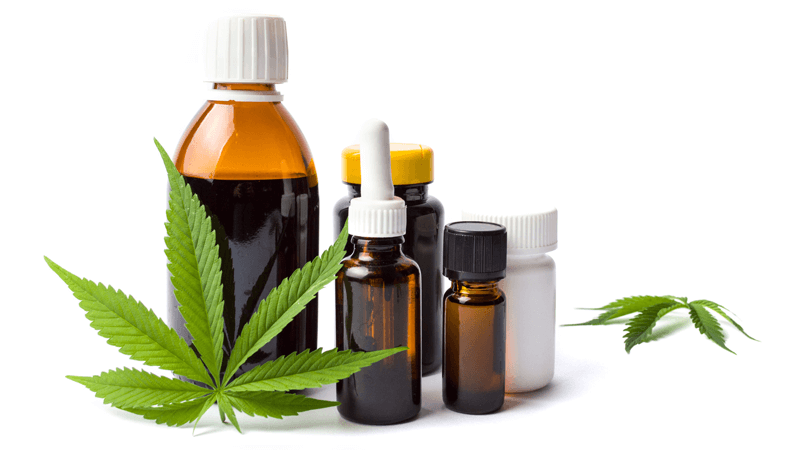Myth buster: “My doctor will be prescribing me cannabis joints”

“Two cannabis medicines are approved for use on the NHS”, read the Daily Mirror headline. “Cannabis on the NHS”, said the Daily Mail. So is your GP about to advise you to smoke cannabis for that recurrent back pain? In a word, no.
What the National Institute for Health and Care Excellence (NICE) did this week was to issue a carefully-worded and narrow endorsement for a very small number of medicines derived from cannabis.
But this announcement comes against a backdrop of campaigners attempting to use ‘medical cannabis’ as a Trojan Horse for legalising recreational use.
They deliberately blur the vital distinction between cannabis itself and its potentially medically-useful components. This attempts to equate smoking a joint with using a prescribed medicine.
The facts
Cannabis contains over 100 unique compounds, known as cannabinoids. A few of these have been shown to offer medical uses.
Two better-known key compounds are THC and CBD. THC (Tetrahydrocannabinol) has an impact on the brain; it “causes depression, schizophrenia, brain development problems in the young”. Those are the words of Professor Dame Sally Davies in March this year when she was Chief Medical Officer for England.
CBD (Cannabidiol) does not contain psychoactive elements and while it may have some helpful medical properties, its effects are routinely overstated.
THC causes depression, schizophrenia, brain development problems in the young.
NICE guidelines
In August, NICE issued a draft recommendation on cannabis-based drugs after finding the “potential benefits offered were small compared with the high and ongoing costs”.
While it recommended considering one such drug for a specific type of vomiting, no cannabis-based drugs were recommended for pain or spasticity (the term used to describe muscle stiffness and spasms). NICE called for more research on epilepsy.
potential benefits offered were small compared with the high and ongoing costs
Now, in its final guidelines NICE said:
– Nabilone (an anti-nausea drug) should be considered as an “add-on treatment for adults with chemotherapy-induced nausea and vomiting which persists with optimised conventional antiemetics”.
– THC, CBD combined with THC, and two other cannabis-based drugs should not be offered to “manage chronic pain in adults”.
– A four-week trial of a combined THC and CBD spray can be offered to treat “moderate to severe spasticity in adults with multiple sclerosis” if other treatments are not effective and it can be provided in a cost-effective way.
– For patients with “severe treatment-resistant epilepsy”, NICE made several research recommendations on cannabis-based medications for young people.
It also reminded clinicians to take into account any history of mental health issues and previous illicit cannabis use. NICE also called for medics to consider the potential impact on “psychological, emotional and cognitive development” when prescribing for children.
BBC unhelpful
Unhelpfully, a BBC report saying NICE has completely endorsed childhood-epilepsy drug epidyolex is wide of the mark. NICE said it “did not warrant a practice recommendation” for the drug, but at the same time “should not make a recommendation against” it.
For some, this isn’t far enough.
One group which supports the widespread use of ‘medicinal cannabis’ called on NICE to lower its standards in checking drugs to speed up widespread change.
“NICE justifiably enjoys a very high reputation both nationally and internationally for its world leading work”, the Managing Director of Sapphire Medical Clinics said.
But it added, “we believe NICE should consider refining its approach and take a broader view of what evidence to consider when making its recommendations”.
Inconceivable
The concern comes when activists try and twist the genuine benefits offered by some cannabis compounds into a rationale for legalising street cannabis.
Two experienced psychiatrists recently said that cannabis is now four times stronger than it was in the 1960s and 70s, and the evidence is “now incontrovertible that heavy cannabis use increases the risk of psychosis”.
Cannabis is dangerous, and potential cannabis-based medicines need thorough testing.
NICE should refuse to be cowed into weakening its stance, and the Government should continue to resist legalising or decriminalising cannabis.
The inconceivable idea of GPs prescribing patients with cannabis joints to smoke must stay that way – inconceivable.
